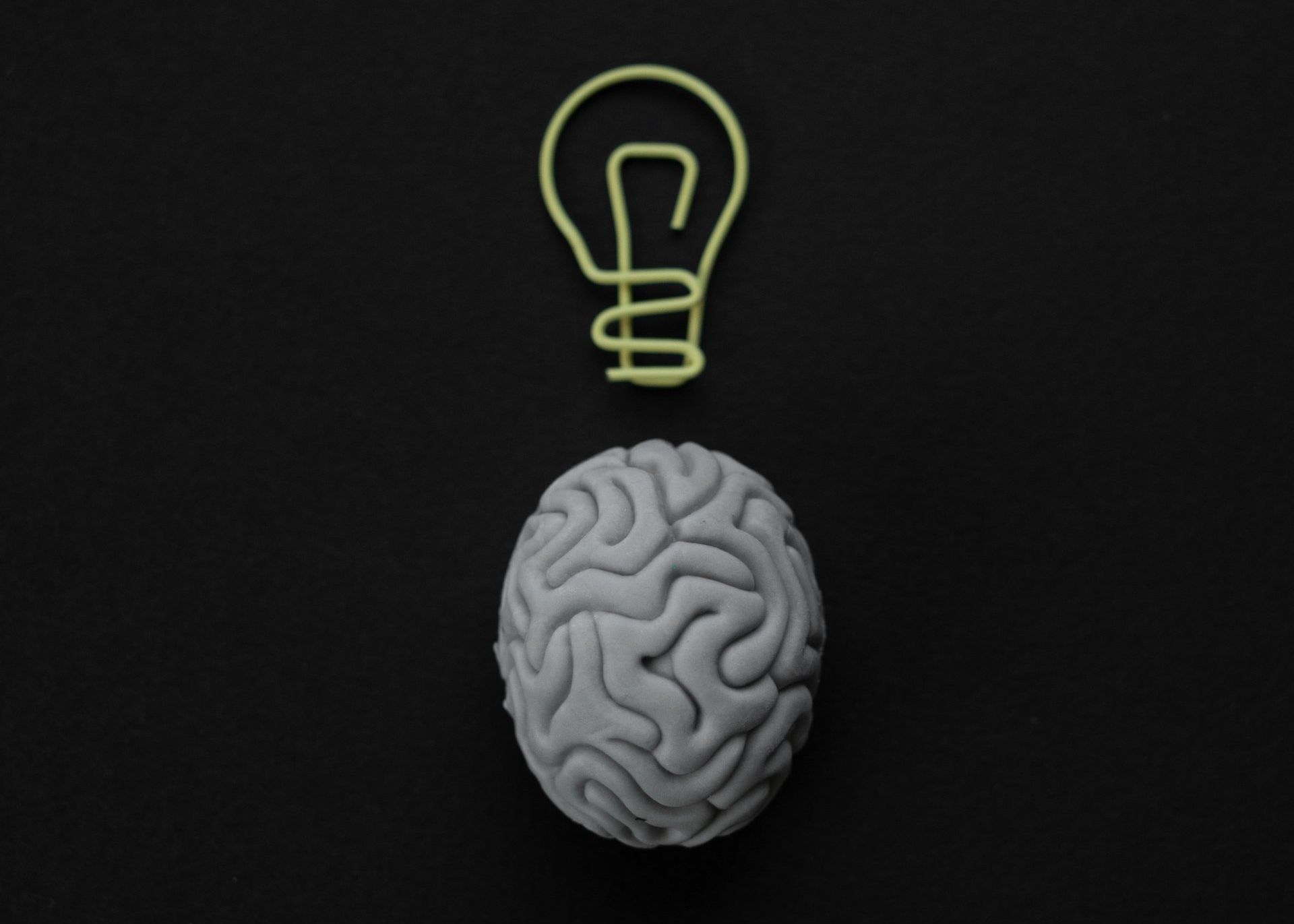Unpacking the Biology of Trauma: Understanding the Healing Journey
Navigating the Storm Within: A Trauma Therapist's Guide to the Biology of Healing Trauma
Trauma Therapy
As a trauma therapist, I've had the privilege of walking alongside many individuals on their path to healing from various traumatic experiences. Trauma, whether caused by accidents, abuse, negative childhood experiences, or other life-altering events that create an overwhelming capacity to cope, takes a toll not only on the mind and emotions but also on the body's intricate biological systems. In this blog post, we'll delve into the fascinating world of the biology of trauma, exploring how the body and brain respond to trauma, and the implications this has for treatment and recovery.
The Stress Response
When a traumatic event occurs, our bodies initiate a stress response commonly known as "fight-or-flight." This response involves the release of stress hormones, primarily cortisol and adrenaline, designed to help us cope with danger. However, in the context of trauma, this heightened stress response can lead to emotional turmoil and a range of physical symptoms.
The Amygdala's Role
At the heart of the biology of trauma lies the amygdala, a region in the brain responsible for processing emotions. The amygdala becomes hyperactive when faced with traumatic stimuli, which can intensify emotional reactions and shape our responses to similar situations in the future.
The Impact on Memory
The hippocampus, another key brain region, is responsible for memory and emotional regulation. Trauma can impair its functioning due to high levels of stress hormones, resulting in memory disturbances and difficulties processing and integrating traumatic memories.
The Prefrontal Cortex
The prefrontal cortex, responsible for executive functions, decision-making, and emotional regulation, can be negatively impacted by trauma. This can lead to impaired emotional control and difficulties coping with stress.
Neurotransmitter Imbalance
Trauma disrupts the balance of neurotransmitters in the brain, affecting mood and emotional well-being. For instance, it can reduce serotonin levels, contributing to symptoms of depression and anxiety.
Neuroplasticity and the Brain
Trauma influences the brain's neuroplasticity, or its ability to adapt and change. Over time, this can lead to long-term changes in neural circuits and connections, impacting emotional and cognitive functioning.
Epigenetic Changes
Research suggests that trauma can lead to epigenetic changes, which alter the expression of genes involved in stress response and emotional regulation. These changes may even be passed down to future generations.
Physical Health Effects
Trauma is associated with a higher risk of various physical health issues, such as cardiovascular problems, autoimmune disorders, and a compromised immune system. This is partly due to the chronic stress and inflammation linked to trauma.
Post-Traumatic Stress Disorder (PTSD)
Some individuals who experience trauma develop PTSD, a mental health condition characterised by intrusive thoughts, hyperarousal, and avoidance behaviors. The biology of PTSD involves dysregulation of the stress response and alterations in brain structure and function.
Treatment and Recovery
Understanding the biology of trauma is crucial for developing effective therapeutic approaches. Trauma therapy often focuses on regulating the stress response, promoting emotional regulation, and facilitating the processing of traumatic memories. These treatments can include psychotherapy (EMDR and somatic therapies), nutritional supplements, medication when needed, and other interventions tailored to each individual's unique needs.
The biology of trauma is a complex and ever-evolving field, shedding light on the intricate ways our bodies and minds respond to traumatic experiences. As a trauma therapist, I've witnessed the remarkable resilience of individuals as they embark on their healing journey. By comprehending the biology of trauma, we can develop more effective and personalised treatments to support survivors on their path to recovery and, ultimately, to help them thrive in living and being their authentic selves.




